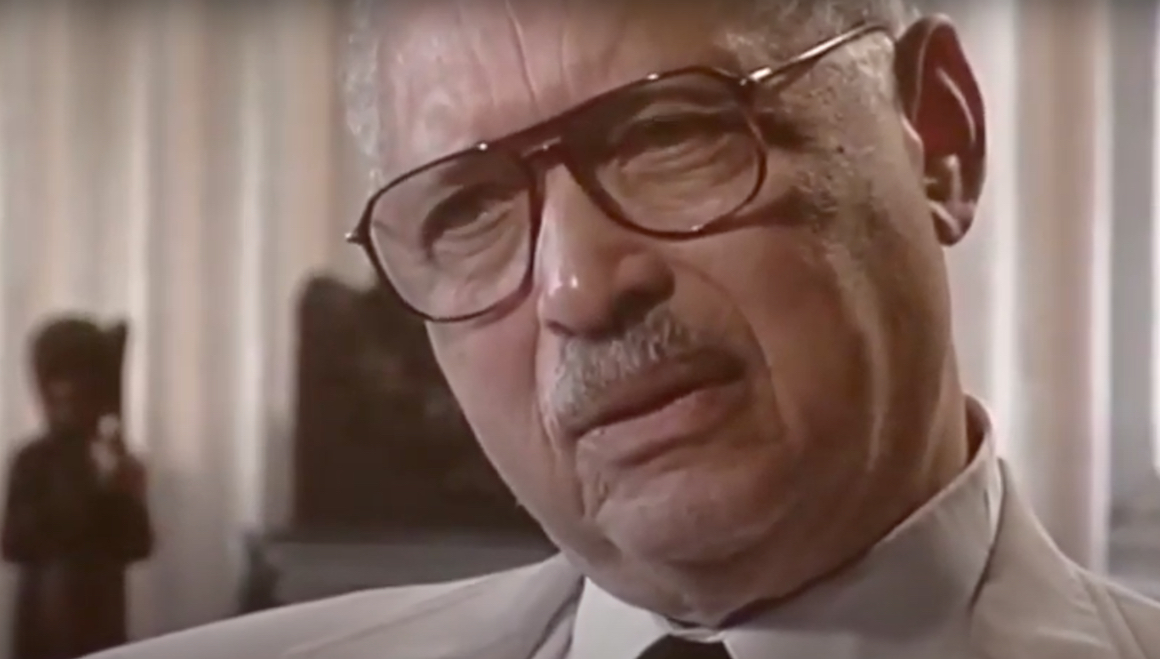Rev. Leon Sullivan was not only a notable civil rights leader, but an advocate for workforce development and skills training. The longtime pastor of North Philadelphia’s Zion Baptist Church also founded Philadelphia OIC, or Opportunities Industrialization Center, the nonprofit that’s offered job training and placement and other services for almost 60 years.
As we celebrate the work of his contemporary Dr. Martin Luther King Jr. on Monday, North Philly-based Leon Sullivan Charitable Trust hopes to use MLK Day 2021 as an opportunity to educate communities on equity.
“We have a lot of work to do in order to advance what Dr. King and Dr. Sullivan started,” Executive Director John. C. “Jack” Johnson III said. “A lot of their work came to light in the 1960s but was nowhere near the beginning. In the ’60s they were able finally to advance their work where the rest of the country, and in some cases, rest of the world were able to pay attention. They advanced all people to a whole new level of freedom in respective areas of the country.”
Johnson said that the trust wants to use MLK Day this year to address challenges that many Black and other marginalized communities are still facing. In support of its Monitoring Housing Insecurity initiative, the organization will host four virtual panels where experts will discuss subjects like rent and mortgage deferment and gentrification.
The importance of sharing this information matters for Johnson and his colleagues because Sullivan founded Philadelphia OIC with the mission of preparing city residents for economic resilience. The org got its start by training Philadelphians in the building trades and clerical work — the kinds of jobs that were available when it launched in the ’60s, ones that didn’t require a four-year degree. But industrial jobs in Philly have dwindled over the years. The nonprofit has adjusted by offering tech education, among other programming.
“Our society has changed,” Johnson said. “Now we’ve got to educate and upgrade our service-based skills. So many people are remnants of [that time] and have lost hope.”
In December 2020, Federal Reserve Bank of Philadelphia President Patrick T. Harker stated that Black Americans were “already more likely to be unemployed than other groups,” and the pandemic has eliminated any progress the group has made in attaining more employment. Job loss due to automation was already trending upward and has been amplified by the pandemic.
With Black Americans’ jobs more concentrated in less resilient industries, financial and community support is imperative for local growth. Johnson is hopeful that with educational opportunities like the trust’s MLK Day panels, Philadelphians can feel more empowered moving forward.
“We have to stand on Dr. King and Sullivan’s shoulders because we’re the generation they worked hard to promote to the next level,” he said. “I’m in my 60s and my generation has to create something to pass this on. We have to get to a level beyond and for that we have to enable our children to stand on our shoulders so this country can become the diverse land of promise it can be.”
Michael Butler is a 2020-2022 corps member for Report for America, an initiative of The Groundtruth Project that pairs young journalists with local newsrooms. This position is supported by the Lenfest Institute for Journalism.Before you go...
Please consider supporting Technical.ly to keep our independent journalism strong. Unlike most business-focused media outlets, we don’t have a paywall. Instead, we count on your personal and organizational support.
Join our growing Slack community
Join 5,000 tech professionals and entrepreneurs in our community Slack today!

The person charged in the UnitedHealthcare CEO shooting had a ton of tech connections

From rejection to innovation: How I built a tool to beat AI hiring algorithms at their own game

Where are the country’s most vibrant tech and startup communities?


